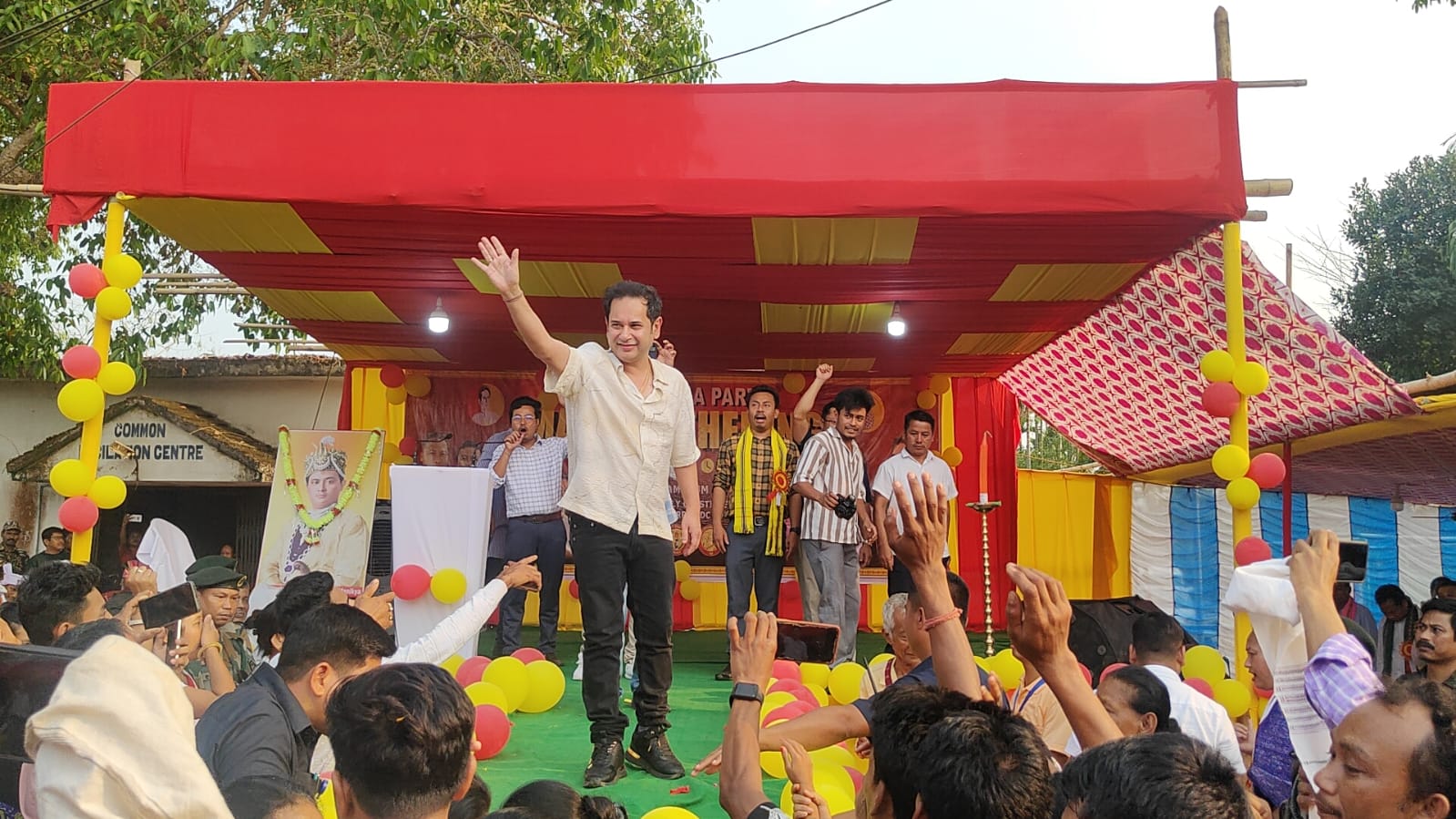
Pradyot Kishore Manikya Debbarma, the Royal Scion and founder of the Tipra Motha Party, has raised strong objections to recent remarks made by Bangladesh’s Chief Adviser Muhammad Yunus.
Expressing concern over Yunus’ statement regarding India’s Northeast, Pradyot has urged the Indian government to reassess its diplomatic approach and respond with strength.
In a video circulating online, Yunus commented on the geographical constraints of the Northeast, referring to it as a landlocked region with no direct access to the ocean. Pradyot, reacting sharply to this assertion, described it as a veiled threat and an attempt to undermine India’s strategic position in the region.
“He made these remarks while speaking in China, which itself raises concerns. He questioned what India and the Northeast would do if China invested heavily in Bangladesh. This is not just rhetoric—it is a calculated statement that signals growing external influence in our neighborhood. India cannot afford to remain passive,” said Pradyot.
He emphasized that India’s historical ties with Bangladesh have been shaped largely by its support for the Awami League and the leadership of Sheikh Hasina. However, he warned that an over-reliance on any one political faction could prove detrimental to India’s long-term strategic interests.
“Bangladesh as a nation will not change, nor will its core political dynamics. What we must realize is that while Sheikh Mujibur Rahman and later Sheikh Hasina maintained friendly ties with India, other political forces in Bangladesh do not share the same outlook. The Indian government needs to be prepared with an alternative strategy. How long will we remain silent?” he questioned.
Pradyot also highlighted the plight of indigenous communities in Bangladesh, such as the Chakma, Manipuri, Garo, and Khasi, who have faced systemic challenges. He recalled the historical injustices in the Chittagong Hill Tracts and the continued struggles of indigenous people in the region, warning that their discontent could be a crucial factor in regional stability.
Referencing past incidents of communal violence in places like Noakhali, Brahmanbaria, Comilla, and Sylhet, he criticized sections of the political establishment in Tripura for ignoring the historical lessons of these events.
“The statement from Yunus is not just rhetoric—it is a serious indication of the strategic challenges that the Northeast faces. Bangladesh is increasingly becoming a point of geopolitical contestation, and India must recognize the threats to the Chicken’s Neck corridor,” he added, referring to the narrow Siliguri Corridor that connects the Northeast to the rest of India.
Asserting that the indigenous Tiprasa people stand united in their resolve, Pradyot urged the Indian government to take a firm stance against any attempt to undermine the region’s security.
“We will not back down. If necessary, we are ready to defend our land, our people, and our interests. The Tiprasa people in Bangladesh stand with us. It is time for the Indian government to act decisively,” he concluded.
Read more ...
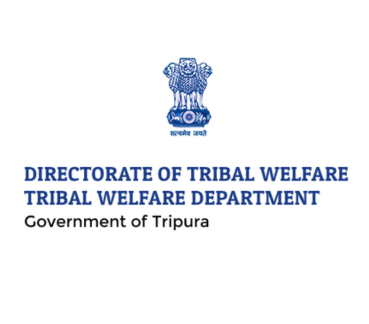
April 2, 2025
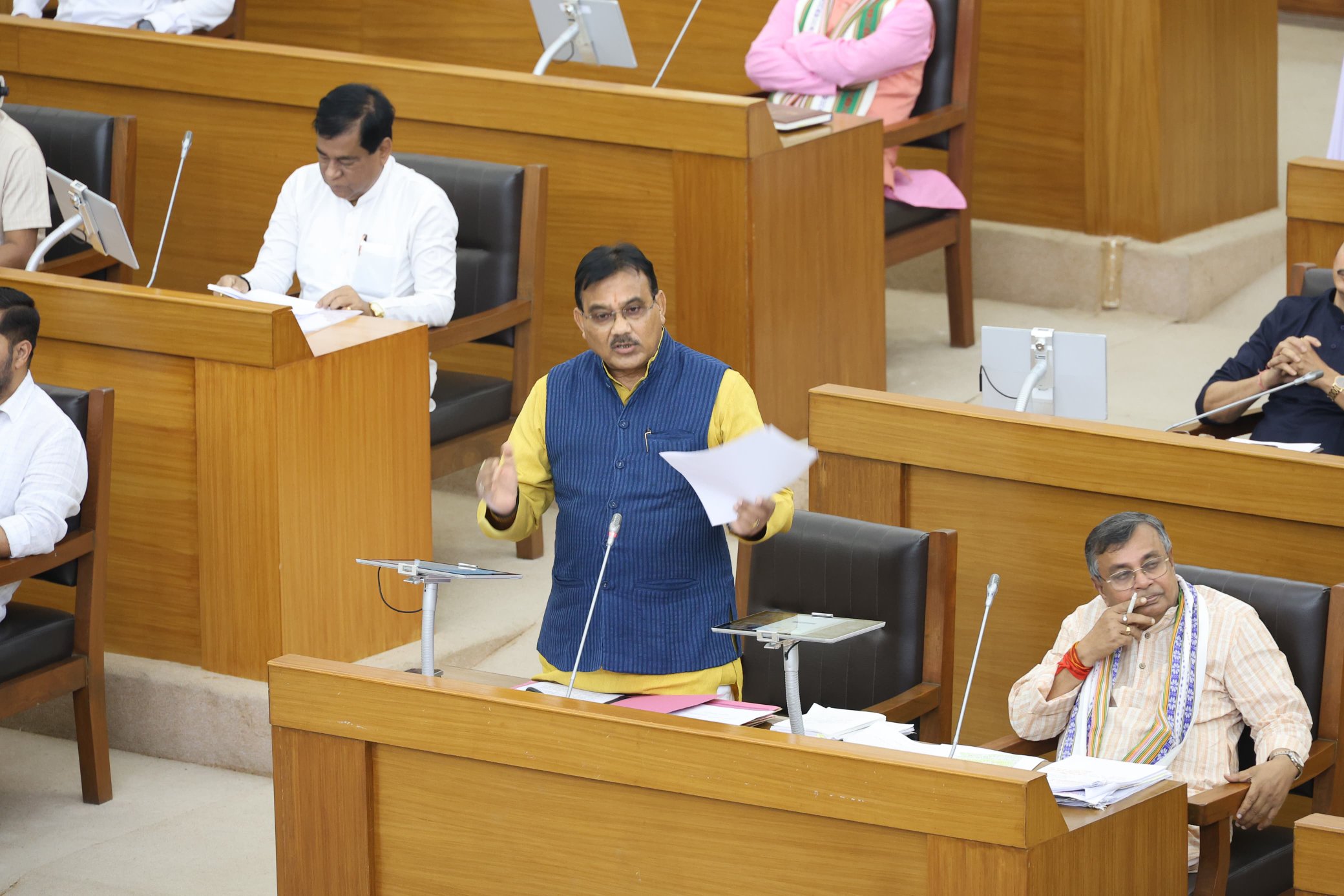
April 1, 2025
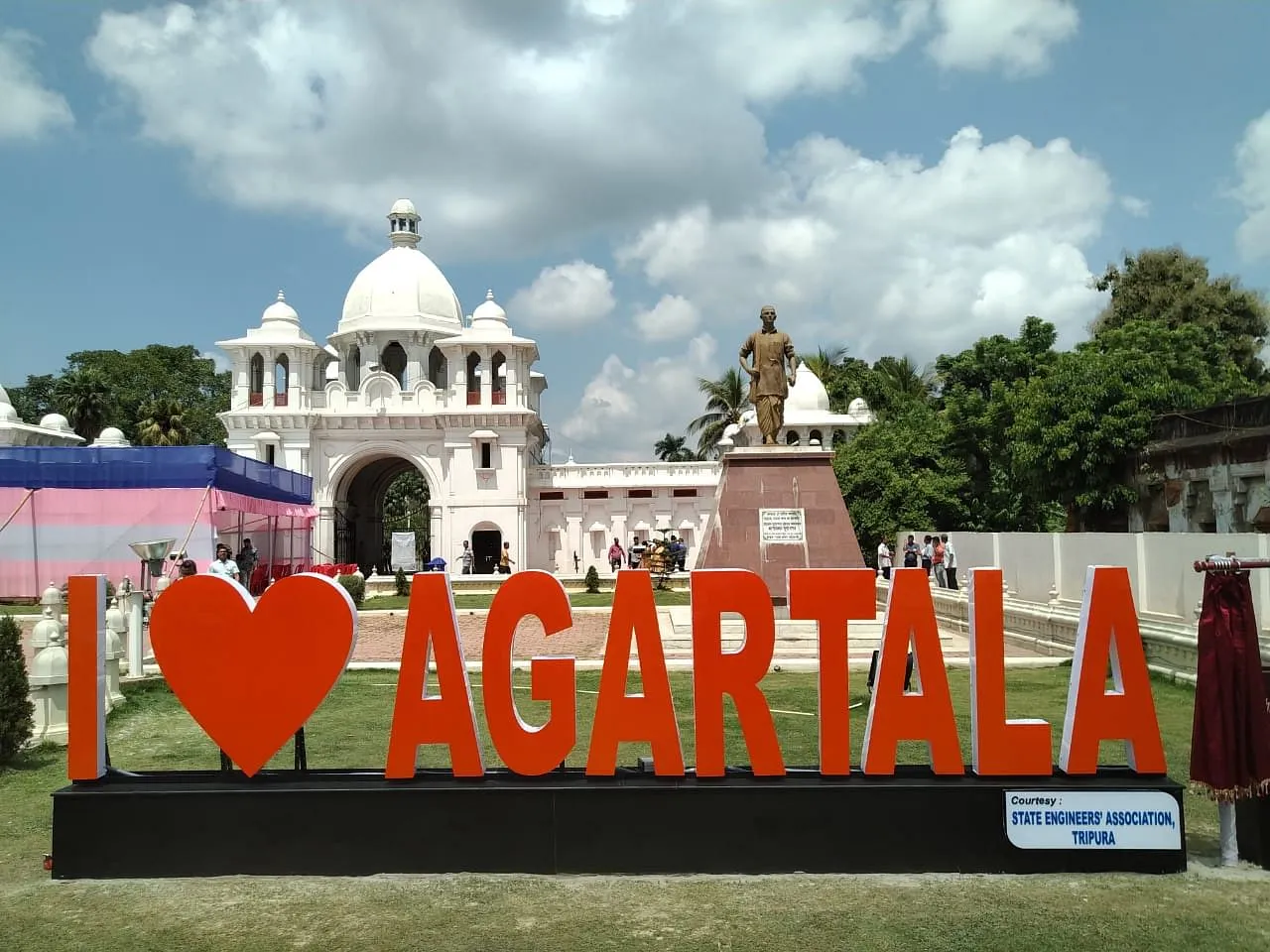
April 1, 2025
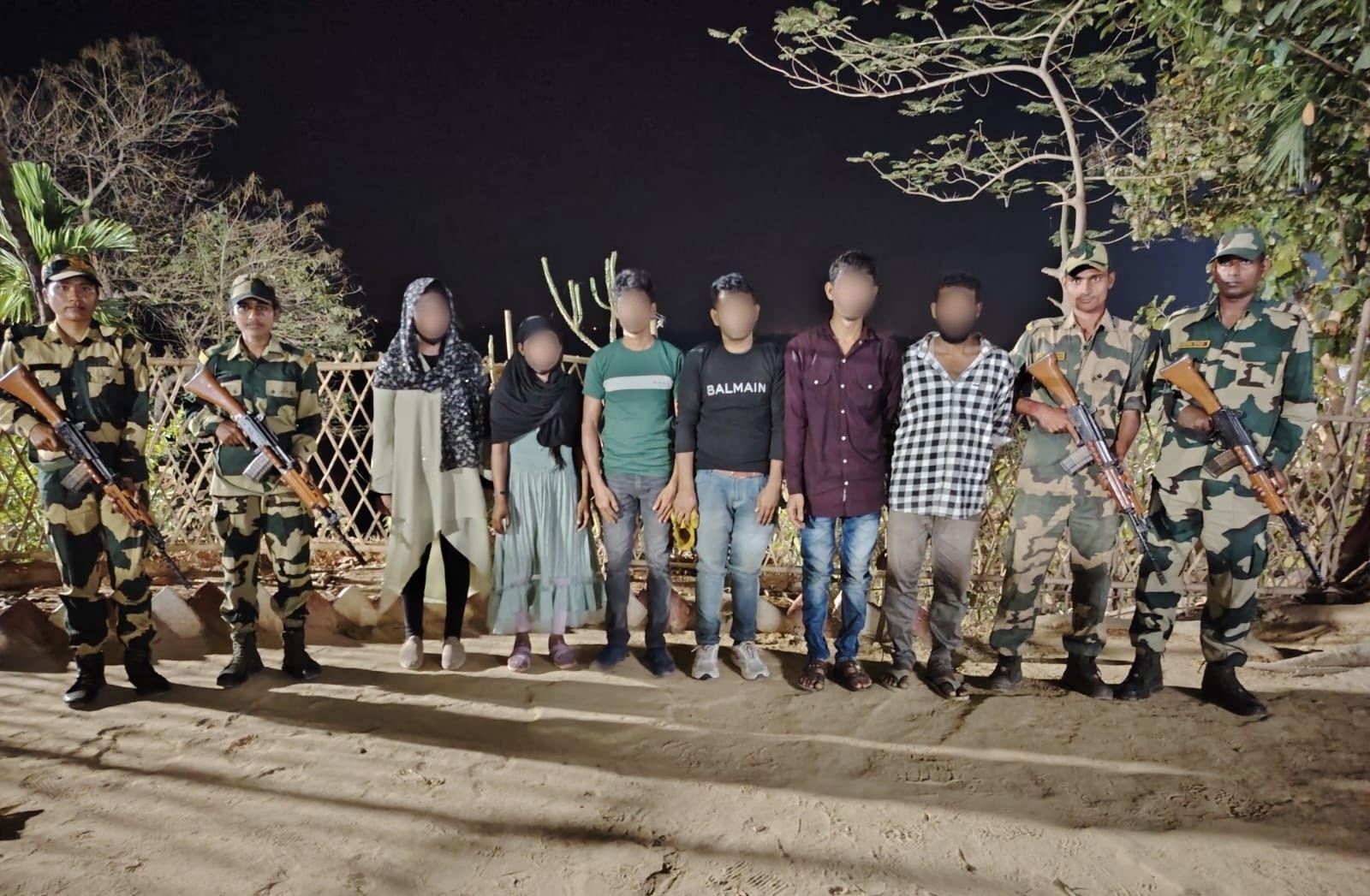
April 1, 2025

March 30, 2025
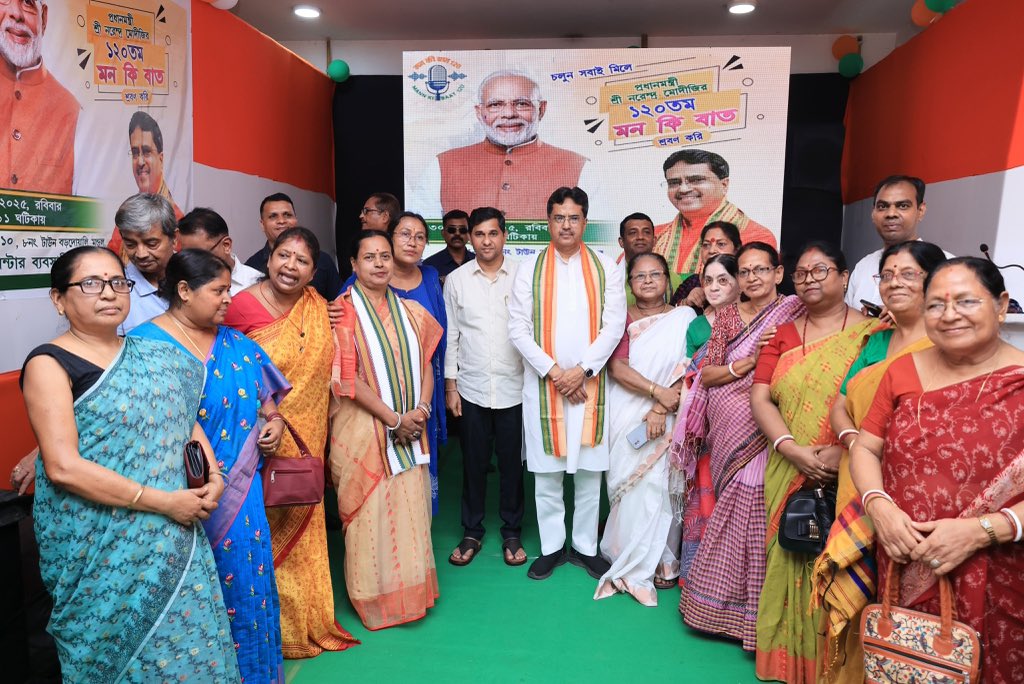
March 30, 2025
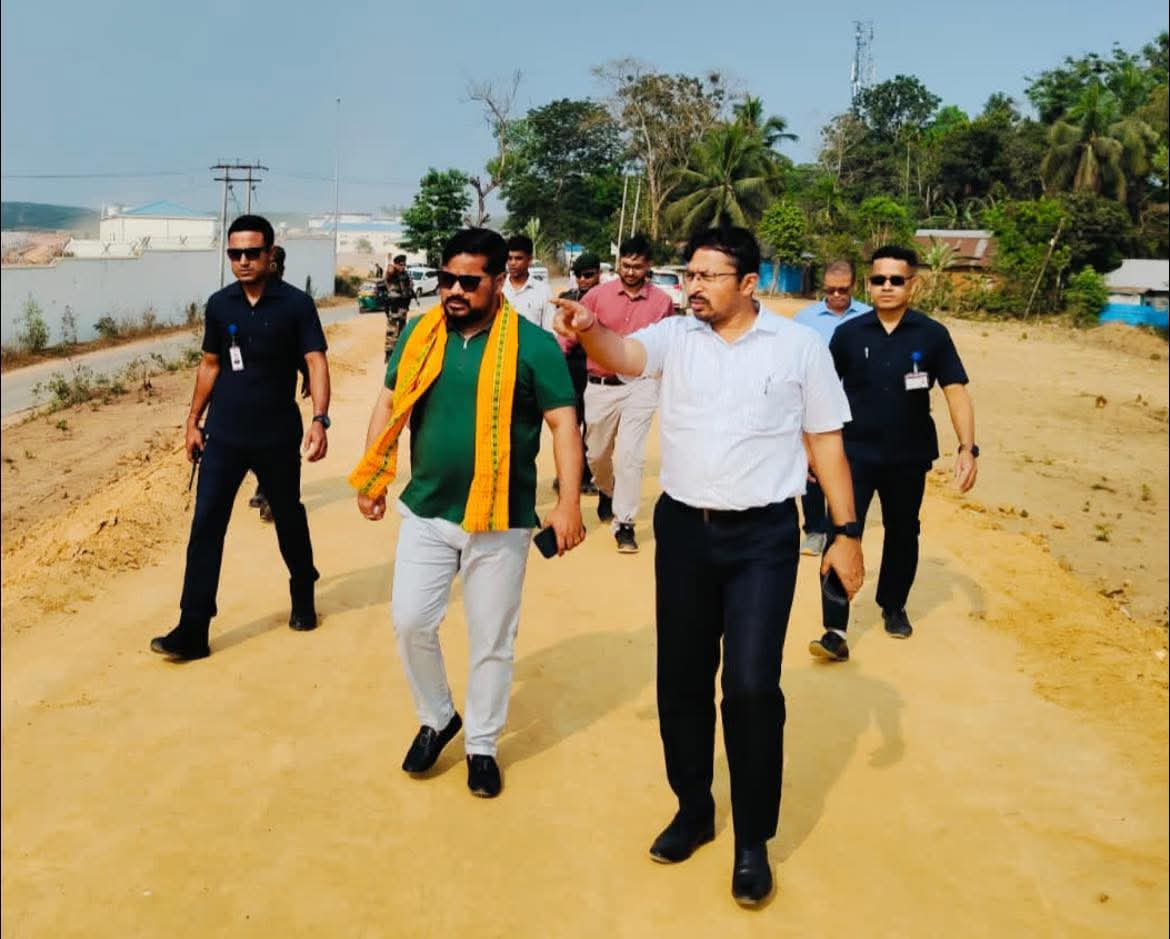
March 30, 2025
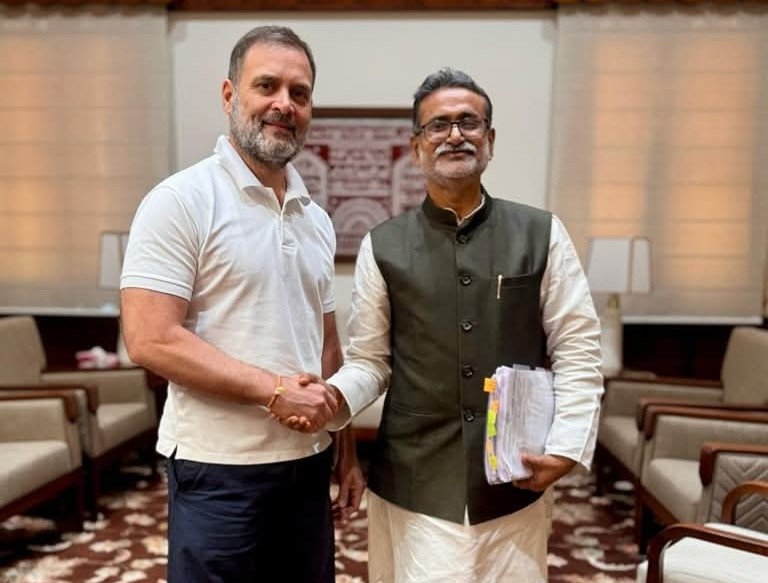
March 29, 2025

March 29, 2025
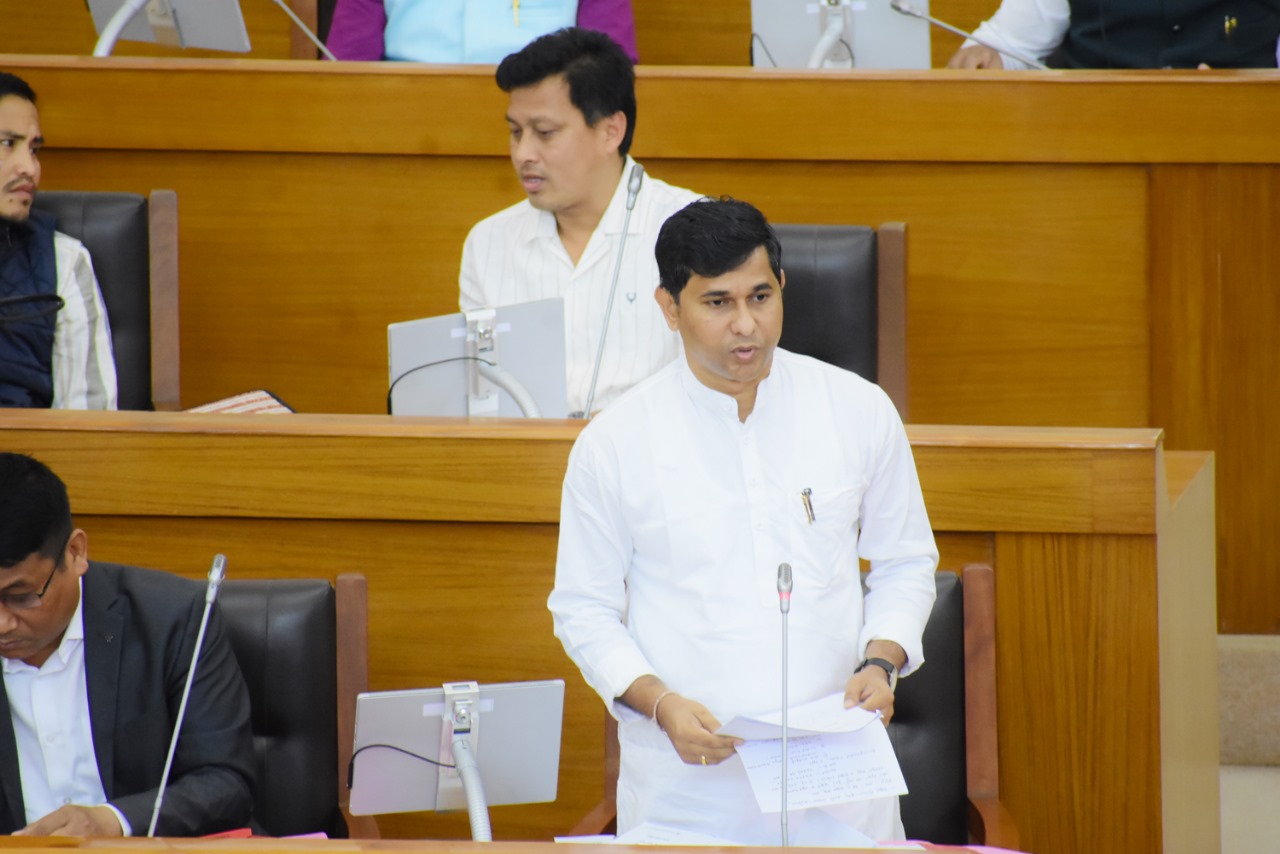
March 28, 2025
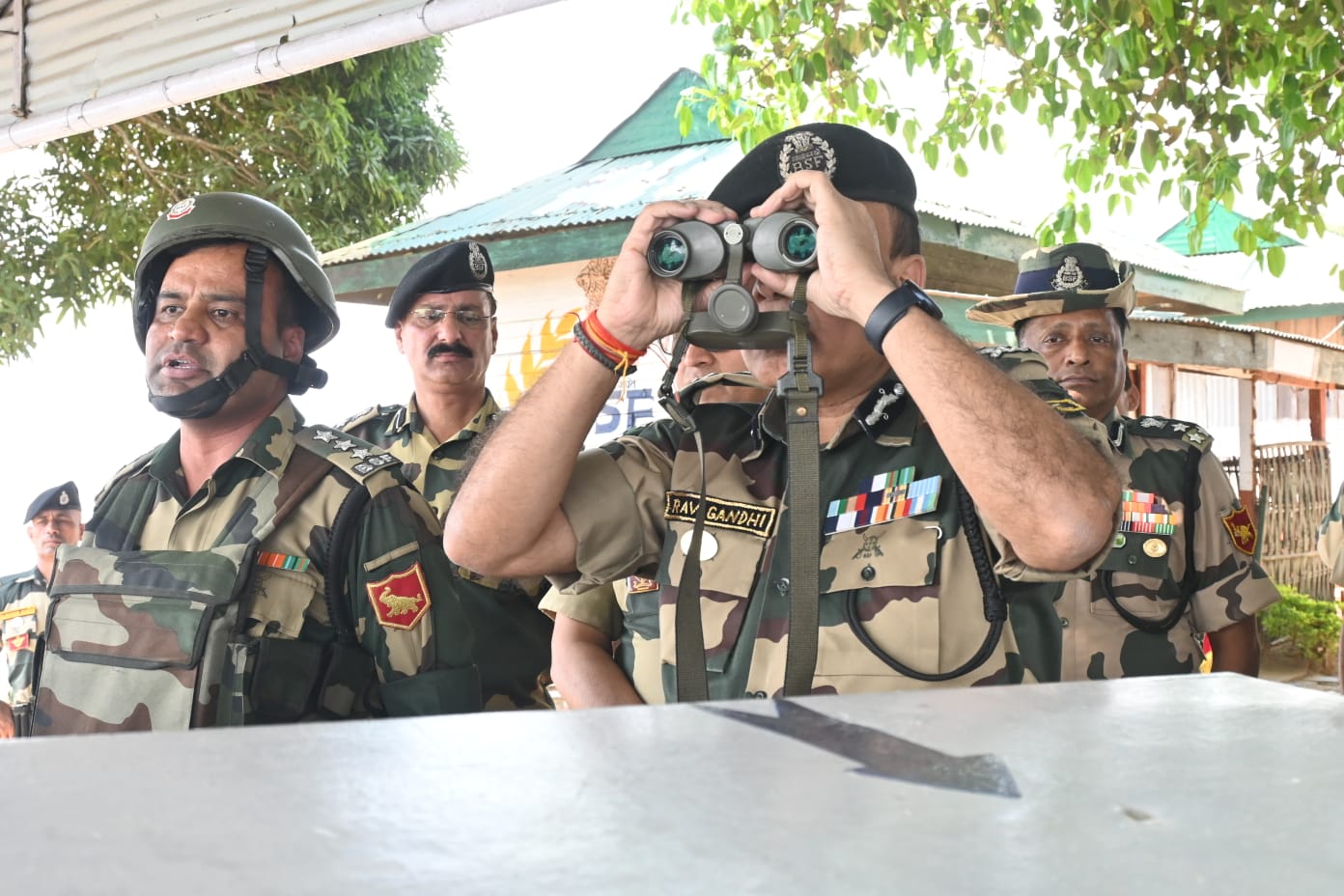
March 28, 2025
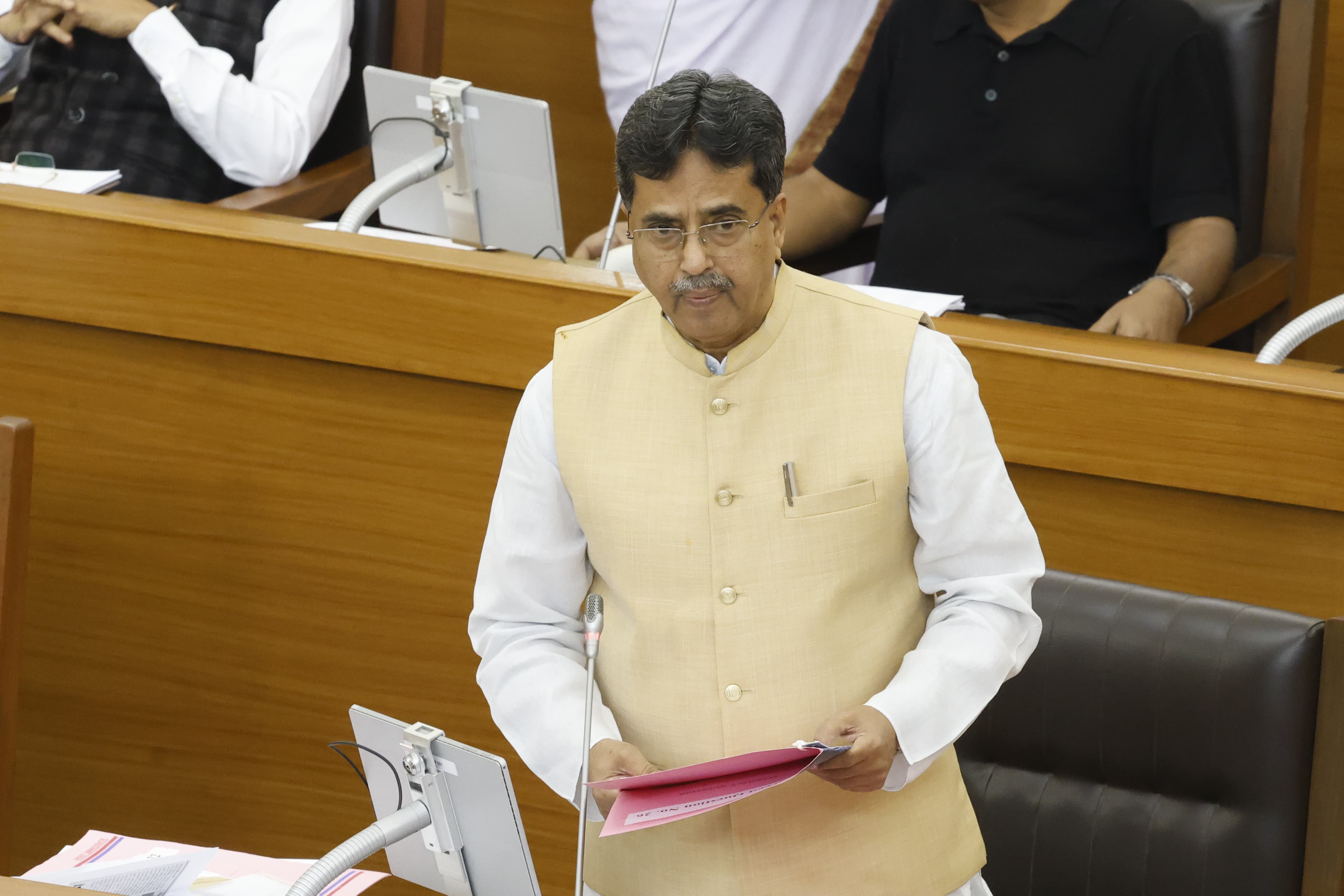
March 28, 2025
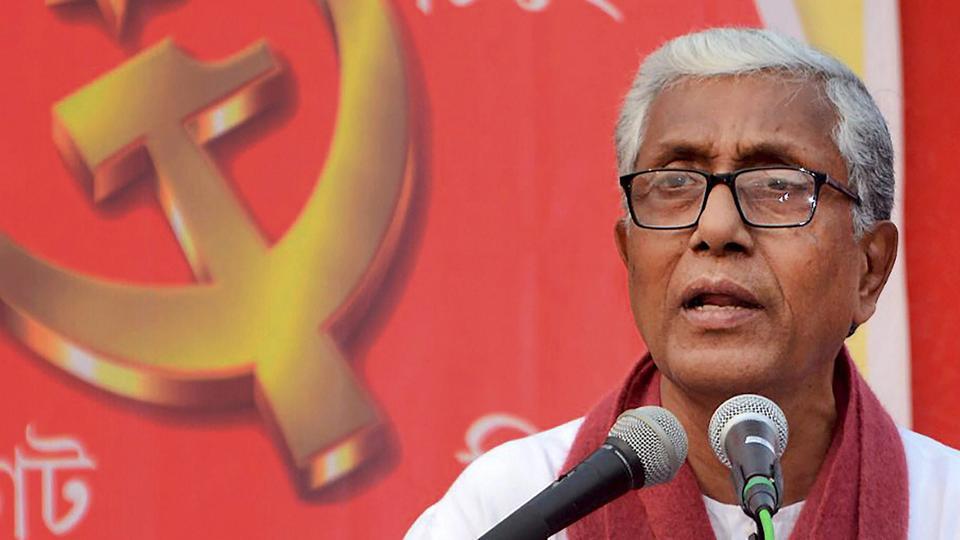
March 28, 2025
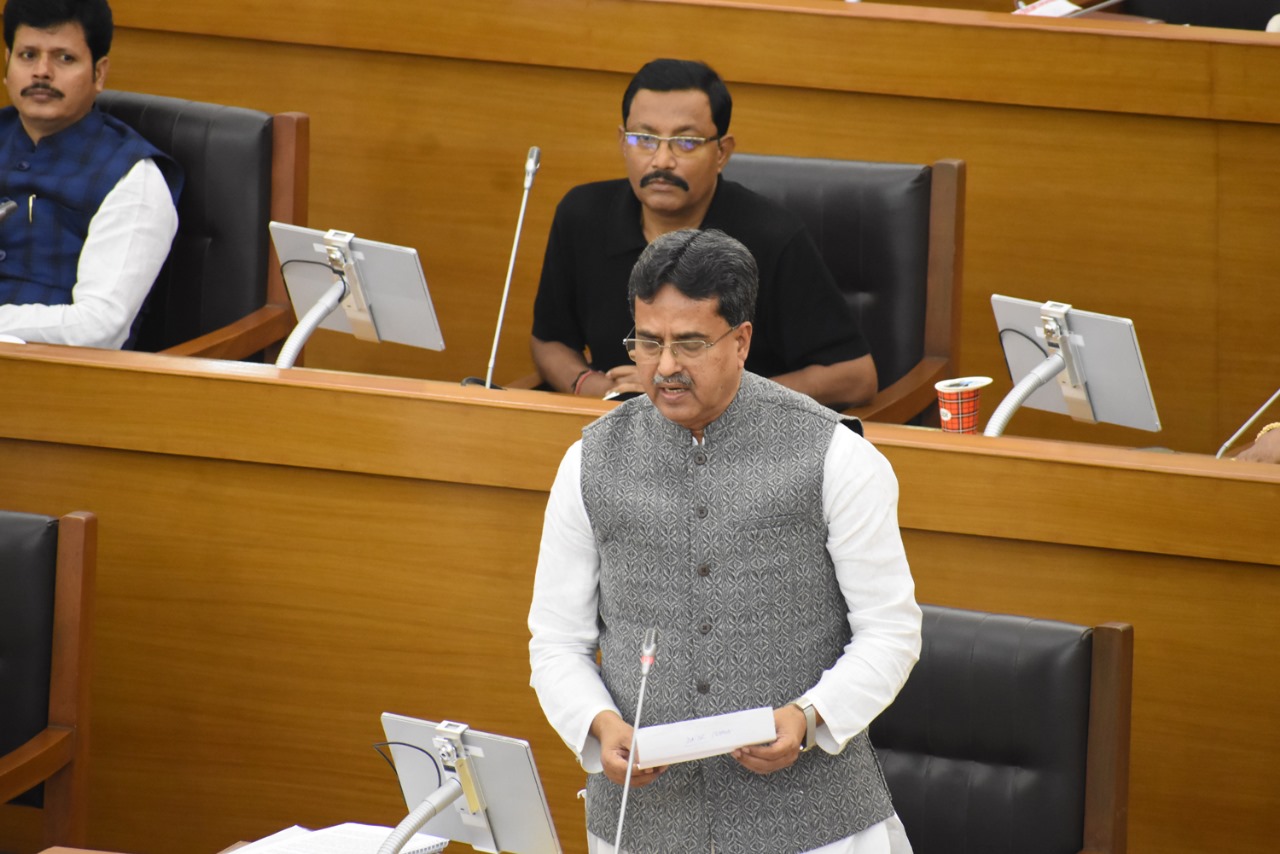
March 27, 2025


